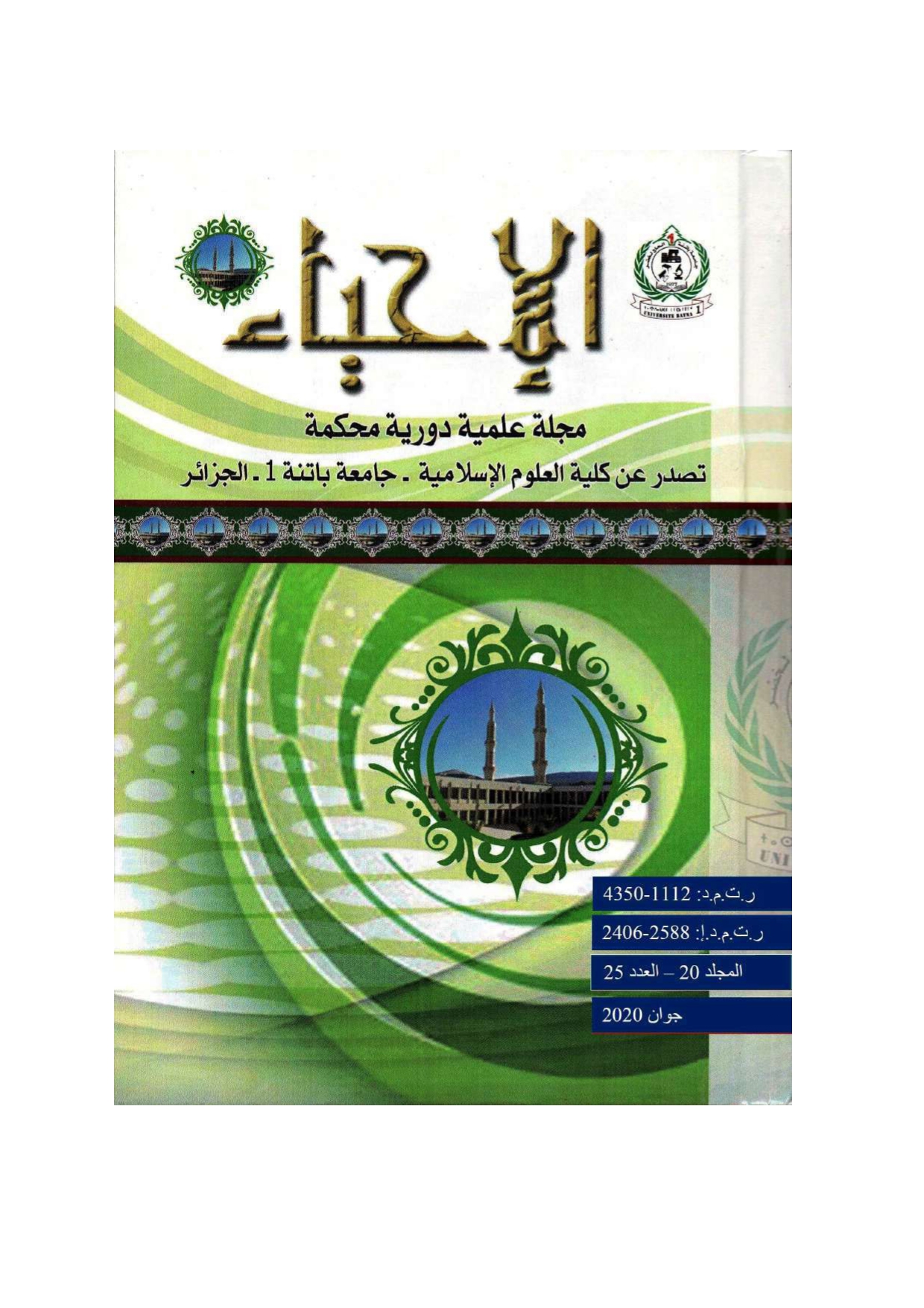Revisionist Discourse and the Portrayal of Islamic Mysticism in Turkish Literature The Case of Elif Shafak’s Forty Rules of Love
DOI:
https://doi.org/10.59791/ihy.v20i2.4635الكلمات المفتاحية:
الفلسفة الصوفية، الخطاب التعديلي، الأدب التركي، قواعد العشق الأربعون، جلال الدين الروميالملخص
في وقت يتم فيه ربط صورة الإسلام بالتعصب والعداء والوحشية، أصدرت الروائية التركية أليف شفق "قواعد العشق الأربعين"، وهي رواية تضع جنبا لجنب العلاقة المثيرة للجدل بين شاعر القرن الثالث عشر والصوفي جلال الدين الرومي وشمس التبريزي من ناحية، وقصة إيلا وعزيز زهارا من ناحية أخرى. ومن خلال السعي لتسليط الضوء على أهمية الروحانيات في الفلسفة الصوفية، وقدرتها على إصلاح معظم الأزمات الوجودية عبر الأزمنة والحضارات، استطاعت المؤلفة خلق مناخ للغموض اثيرت من خلاله أسئلة حول ما إذا كانت رواية قواعد العشق الأربعين مجرد رواية تاريخية، تم فيه سرد وقائع تاريخية بدقة، وصورت فلسفة التصوف بشكل موضوعي غير متحيز، أم كانت خطابا تعديليا الهدف منه هو نقل ايديولوجية الكاتبة في إطار روائي تاريخي.
على هامش هذه التساؤلات، تهدف هده الورقة البحثية إلى معالجة مسألة التعديل الدرامي في رواية قواعد العشق الأربعون، إلى أي مدى تم تجسيد الحياة الحقيقية للشخصيات التاريخية، بالأخص جلال الدين الرومي وشمس التبريزي، والأهم من ذلك، ما مدى صحة فلسفة التصوف الإسلامي الذي تقدمه المؤلفة .
التنزيلات
منشور
كيفية الاقتباس
إصدار
القسم
الرخصة

هذا العمل مرخص بموجب Creative Commons Attribution-NonCommercial-NoDerivatives 4.0 International License.






